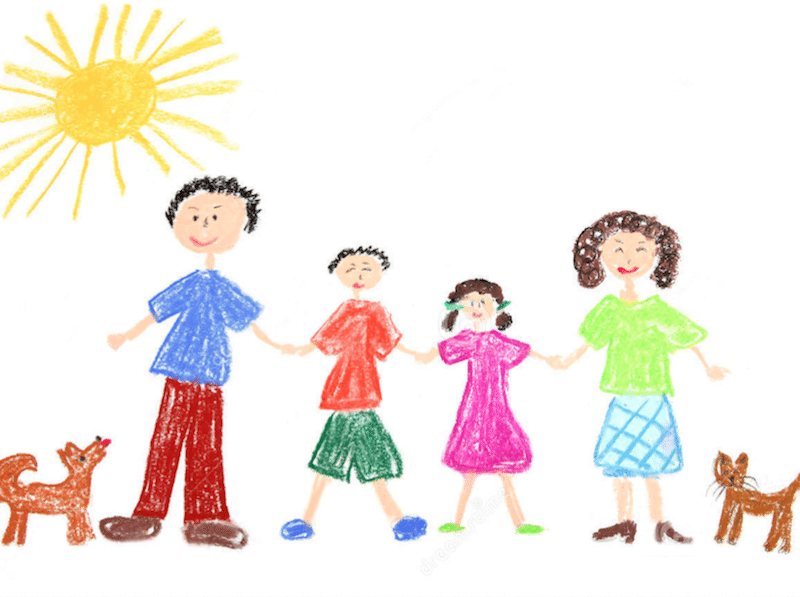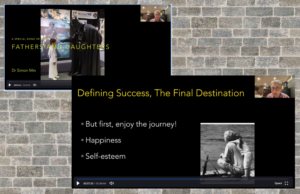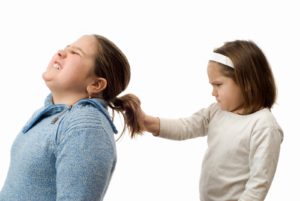Articles
Teach detachment from material things

‘Beyond a certain minimum standard of living all the studies show that happiness does not further increase as wealth increases.’ ~ John Menadue, former Head of the Prime Minister’s Department and CEO of QANTAS
Graffiti along my favourite jogging route reads, ‘I shop therefore I am’. Descartes would squirm! How enthusiastically did you take possession of your new car?
What glossy magazines and mobiles catch your eye? Which advertisements? How therapeutic do you find shopping for clothes? Which websites do you visit? Do you buy or hope for expensive presents? Do you talk about food and wines with remarkable relish? How much do you worry about financial security? These factors will all influence whether your child will grow up in a materialistic environment. Try never to live the lie that the more you possess, the louder the music, or the more extreme the experience, the happier you become.
We adults can sometimes give all the wrong messages to our children. Marcus Aurelius, of Gladiator fame, reminds us that good times need not be expensive times:
‘Remember this! Very little is needed to make a happy life.’
The philosopher, Bertrand Russell, observed,
‘It is preoccupation with possession, more than anything else, which prevents man from living freely and nobly’.
Teach children to make use of whatever things they need, but not to put their hearts or their happiness in things. Teach detachment.
One man was reminiscing about his village in the Middle East:
‘We used to be very happy. Though we were poor we would help each other. Now many receive money from rich relatives overseas and the homes are much better, but we don’t help each other and we are not happy.’
Students who have been on service projects in Sri Lankan fishing villages say the same thing,
‘The people have practically nothing but they are so happy’.
This article was written by Dr, Andrew Mullins.
He is the author of ‘Parenting for Character: Equipping Your Child for Life’, with editions in several languages.







